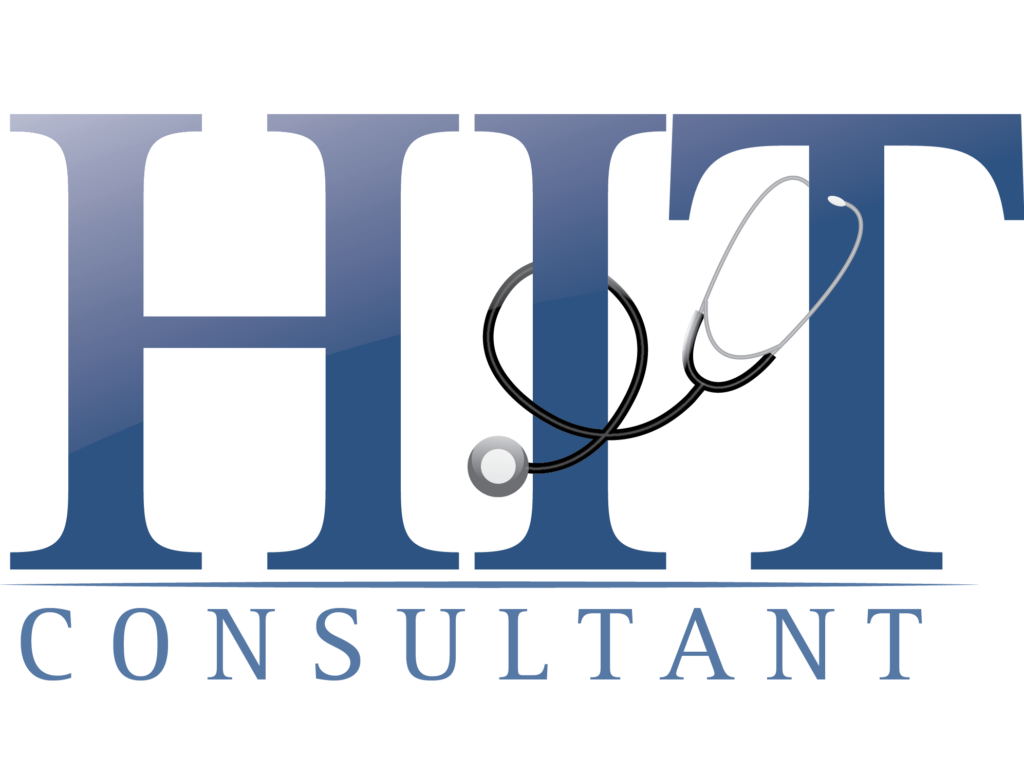Healthcare organizations face significant retention challenges across all generations of medical professionals, with Gen Z workers showing the highest likelihood of leaving the field. Recent data from Soliant Health’s 2024 Healthcare Employment Trends Report indicates that 22% of Gen Z healthcare workers plan to exit within three years, citing workplace culture issues and limited advancement opportunities as primary concerns.
Key Points:
- Gen Z healthcare workers (ages 18-27) lead the exodus, with 22% planning departure within 1-3 years
- Each generation reports distinct primary concerns:
- Gen Z: Workplace culture and career advancement limitations
- Millennials: Job stress, burnout, work-life balance
- Gen X: Workplace culture, stress, management support
- Baby Boomers: Culture, stress, leadership support
- Four key retention strategies identified:
- Work-life balance enhancement through flexible scheduling
- Workplace culture improvement via feedback and communication
- Career advancement opportunities through mentorship
- Strengthened leadership support through regular engagement
- Systemic changes required across organizational structure
- Implementation of both immediate and long-term retention solutions needed

HCN Medical Memo
The exodus of Gen Z healthcare workers presents an immediate challenge requiring proactive intervention. Healthcare organizations must implement comprehensive retention strategies that address generational differences while maintaining quality patient care standards.
More on Professional Development

